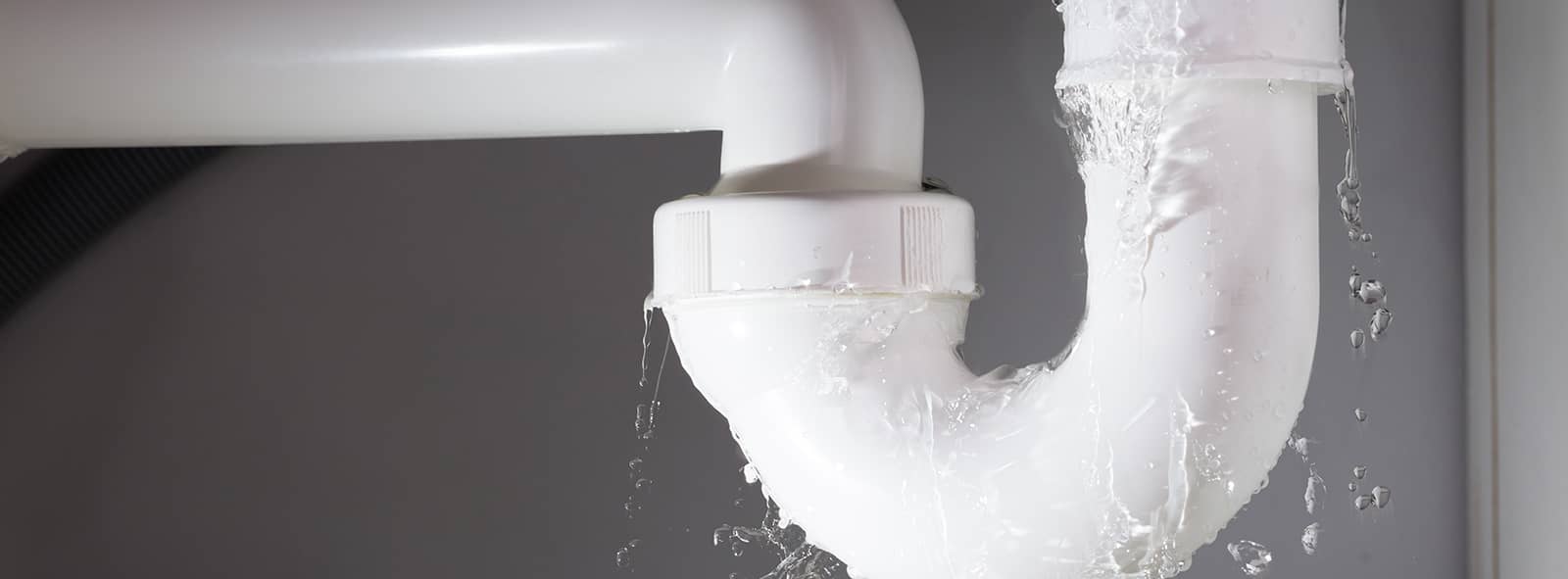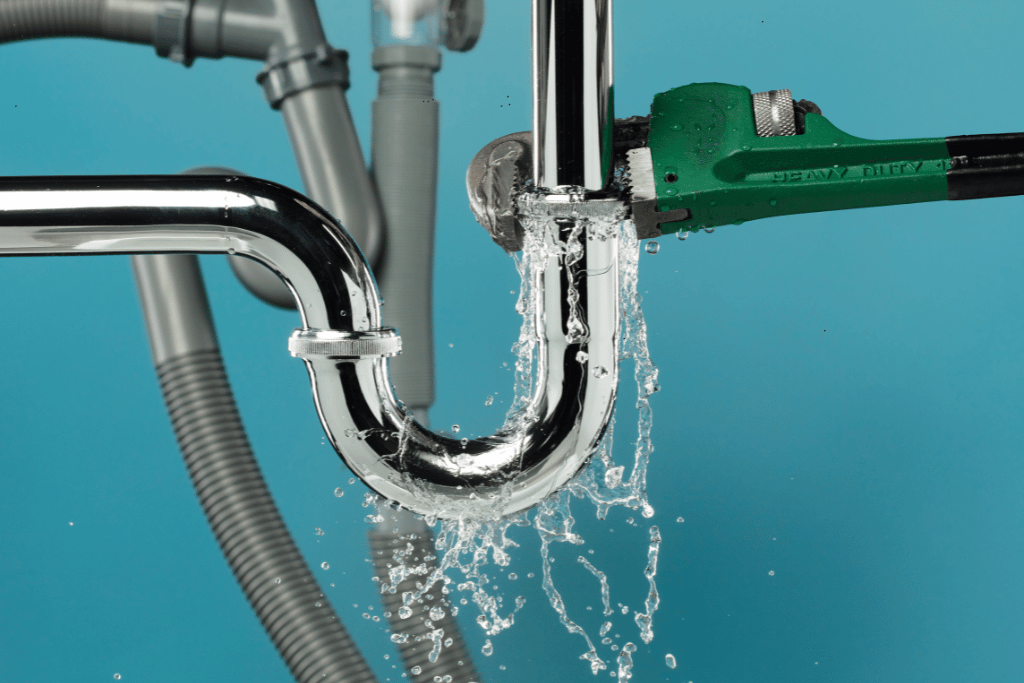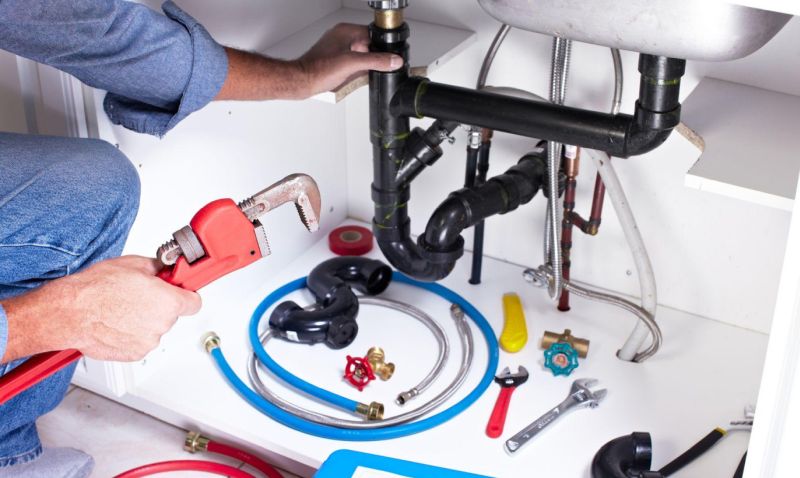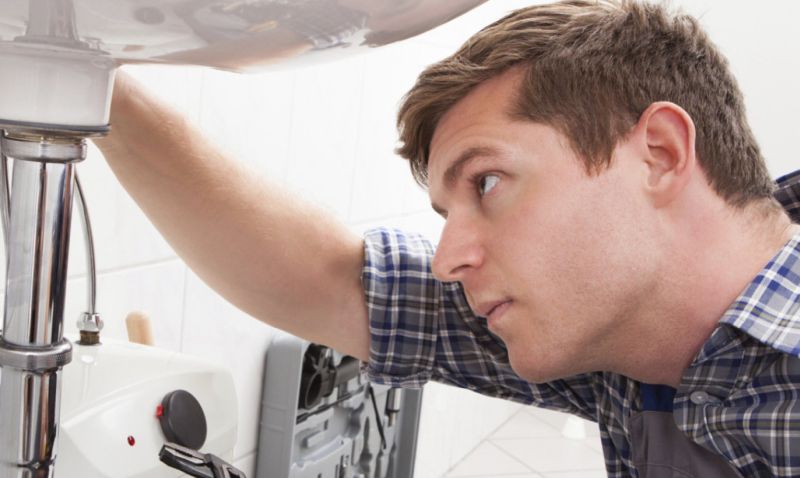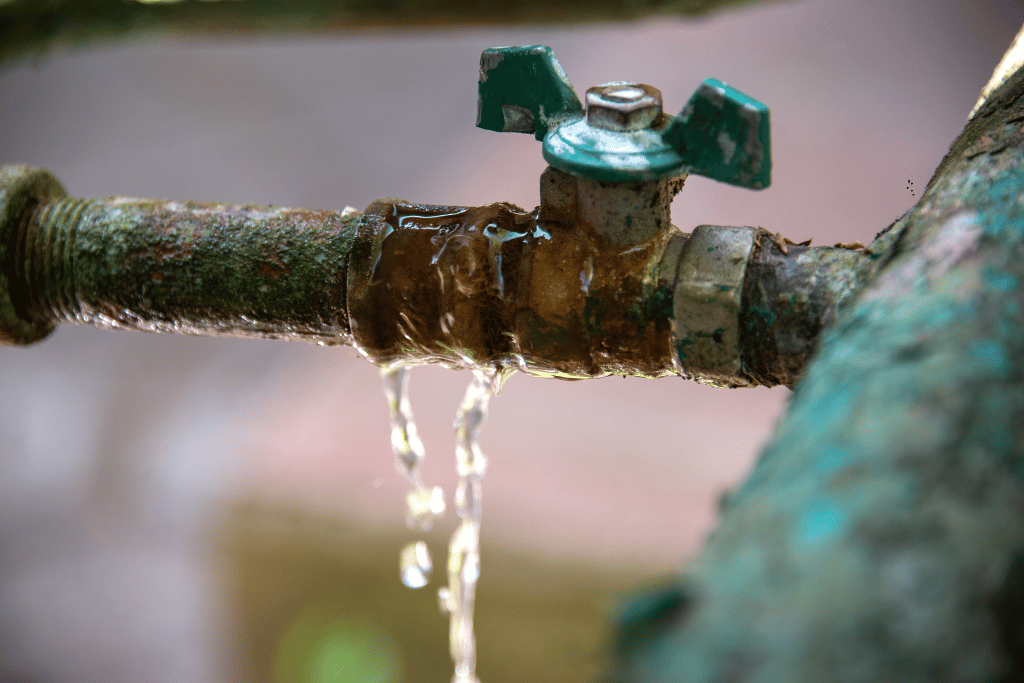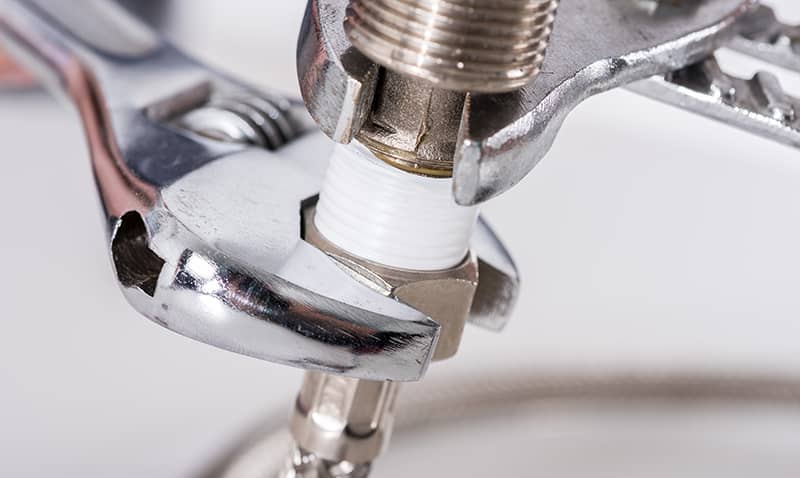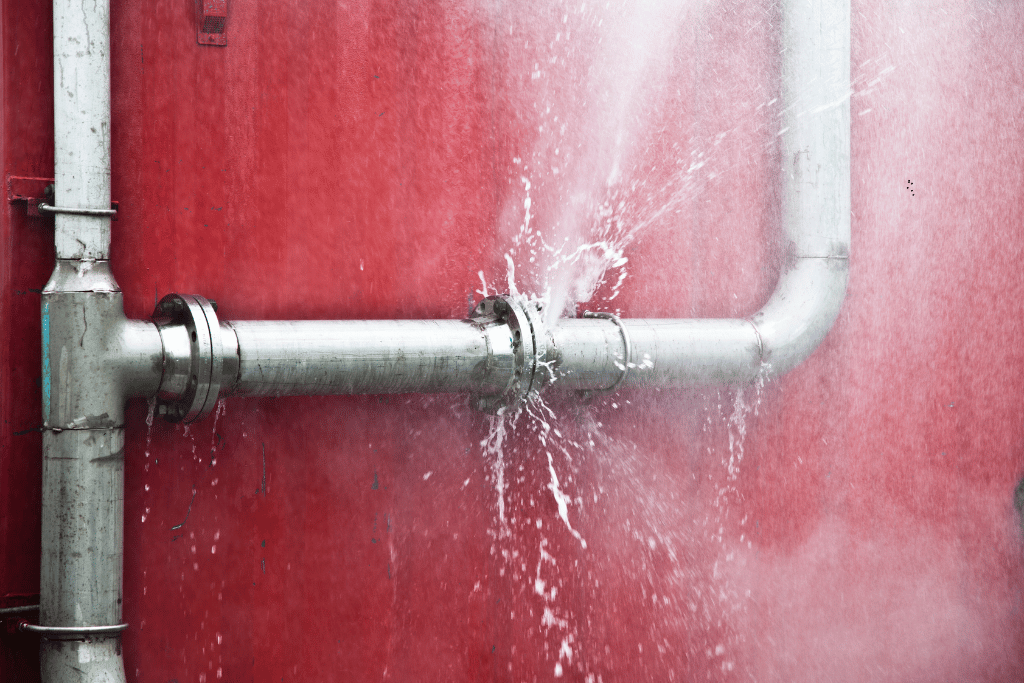Water leaks can occur for a variety of reasons, ranging from simple wear and tear to more complex issues. Here are some common causes of water leaks:
Pipe-Related Issues:
Corrosion: Over time, pipes can corrode due to exposure to water, chemicals, or minerals. This can weaken the pipe walls and lead to leaks.
Cracks or breaks: Physical damage to pipes, such as cracks or breaks, can cause water to leak. This can be caused by factors like freezing temperatures, heavy objects, or root intrusion.
Joint failure: The joints between pipes can become loose or damaged over time, leading to leaks. This can be caused by factors like vibration, settlement, or corrosion.
Fixture-Related Issues:
Faulty gaskets or seals: Gaskets and seals are essential components of faucets, valves, and other fixtures. If they become damaged or worn, they can cause leaks.
Corroded or worn parts: Internal components of fixtures, such as valves or cartridges, can become corroded or worn over time, leading to leaks.
Improper installation or maintenance: Improper installation or lack of regular maintenance can contribute to fixture-related leaks.
Environmental Factors:
Root intrusion: Tree roots can penetrate pipes and cause damage, leading to leaks. This is a common problem in areas with large trees or dense vegetation.
Freezing temperatures: If water pipes are exposed to freezing temperatures, the water inside can freeze and expand, causing the pipes to burst.
Sediment buildup: Mineral deposits can accumulate inside pipes, reducing their flow capacity and increasing the risk of leaks.
Other Factors:
High water pressure: Excessive water pressure can put stress on pipes and fixtures, increasing the risk of leaks.
Earthquakes or other natural disasters: Earthquakes and other natural disasters can cause damage to pipes and plumbing systems, leading to leaks.
It’s important to note that these are just a few common causes of water leaks. The exact cause of a leak may vary depending on the specific circumstances. If you suspect a leak in your home or business, it’s best to contact a professional plumber for a thorough inspection and diagnosis.
